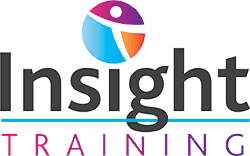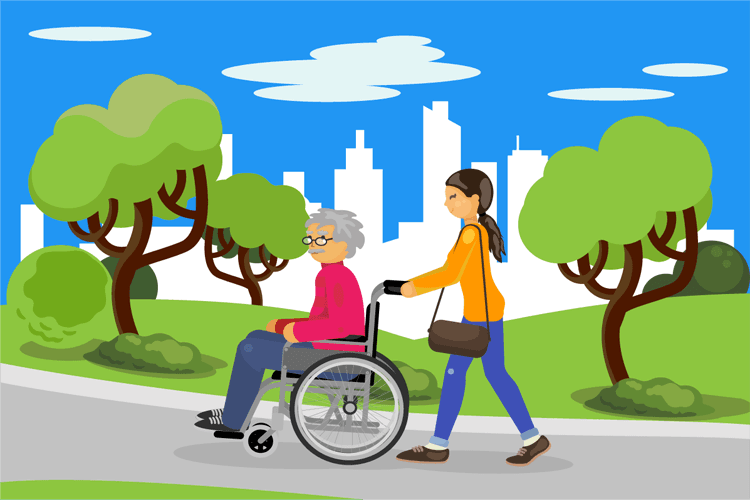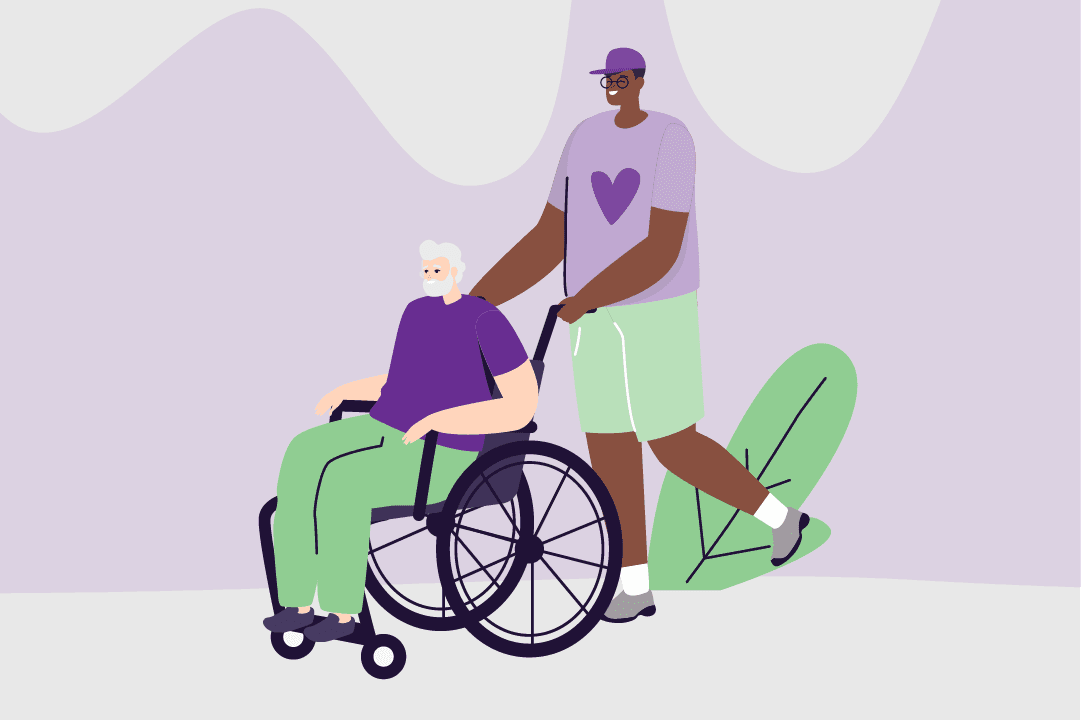Occupational therapy assistant job description
Where we source our data
Let's get real. Job information online can often be overly optimistic — conveniently glossing over the raw bits. But when you're making decisions about your future, you need all the facts.
That's why we anonymously surveyed occupational therapy assistants about their job, with hopes of getting an honest insight into what it's really like.
While we did our best to ensure respondents were Australians and verified their job titles with proof of employment, we can't guarantee complete accuracy — or that your experiences in the field will reflect theirs. So, we suggest that you take these insights as a guide only and try to talk to people in the field before making an important decision.
Tasks and responsibilities for an occupational therapy assistant
A day in occupational therapy assistance can include:
- Assessing patient needs
- Helping patients with mobility and communication
- Instructing patients in using therapeutic equipment and occupational therapy aides
- Assisting with the creation and implementation of rehabilitation programs
- Supporting and assisting senior professionals in occupational therapy services
- Promoting good mental health in clients
- Monitoring patient's progress and maintain records
- Performing other industry administrative duties
How to become an occupational therapy assistant
-
Study
Completing an allied health assistant course through TAFE or a recognised training organisation provides you with vital skills and knowledge in occupational therapy, assisting and opening you to better job prospects.
-
Apply for an entry-level role
Once you have your allied health qualification, hands-on experience is the best way to learn. An entry-level job as an occupational therapy assistant trainer can further enhance your skills.
-
Get a Working with Children Check
Many prospective employers require you to complete a working with children check to work as an occupational therapy assistant. This check is usually part of the recruitment process and can be applied for and completed online.
Pathway options
An initial role as an occupational therapy assistant might be where you want to stay, but it can also expose you to other exciting job opportunities in the health sector.
Some future career options could be:
Junior
-
Occupational therapy assistant
Most common qualification: Certificate III in Allied Health Assistance (HLT33015)
-
Therapy aide
Most common qualification: Certificate III in Allied Health Assistance (HLT33015)
Mid
-
Physiotherapy assistant
Most common qualification: Certificate IV in Allied Health Assistance (HLT43015)
-
Community rehabilitation assistant
Most common qualification: Certificate IV in Allied Health Assistance (HLT43015)
Senior
Explore related qualifications
Certificate III in Allied Health Assistance
This course prepares the learner for an allied health assisting role under direct supervision and predetermined guidelines. Job outcomes for this course are physiotherapy assistants, speech pathology assistants, occupational therapy assistants and more.
To achieve this qualification, the candidate must have completed a work placement of at least 80 hours.
The course duration is on average nine months and can be delivered either on-campus or online. Some providers allow a self-paced learning model that you can start any time. Payment plans and funding may be available to eligible students. Enquire about a course to find out more.
3 providers offer this course
Certificate IV in Allied Health Assistance
A Certificate IV in Allied Health Assistance (Occupational Therapy) provides the skills required to work in therapeutic and program-related support to allied health professionals. This work requires conducting activities under either direct or remote guidance of an allied health professional.
This coursework delves deeper into areas in allied health and may result in positions in a specialty area or a supervisory role to other allied health assistance workers.
To achieve this qualification, the candidate must have completed work experience of at least 120 hours.
The average course duration is one year and can be completed on campus or in an online setting. The course can be self-paced if required, and some providers offer enrolment at any time. This course has government subsidies for eligible students. Enquire about a course to find out more.
1 providers offer this course
Reviews
How we collect reviews
Reviews are from Australian workers with this job title or a very closely related one.
Is this your job title?
Share your thoughts and help people decide if this job is right for them.
- All
- Positive
- Negative
Engage with many people.
What are the best parts of the job?
Meeting new people and forming new relationships.
What's the most challenging part?
Difficult people who are rude or do not want my help.
Enjoy assisting people.
What are the best parts of the job?
Assisting people is the best part of my job.
What's the most challenging part?
Assisting people that do not want my help and do not cooperate.
My patients make the job so fulfilling.
What are the best parts of the job?
Patients' kind words encourage me and I really like doing this job.
What's the most challenging part?
You need to be able to decide what kind of scans you do and when to call a doctor.































